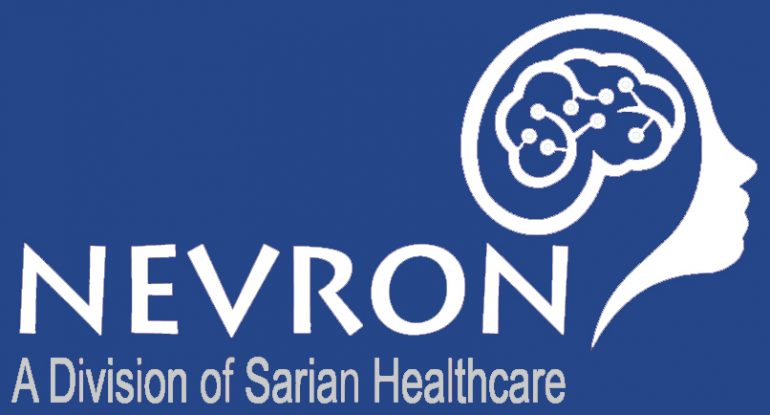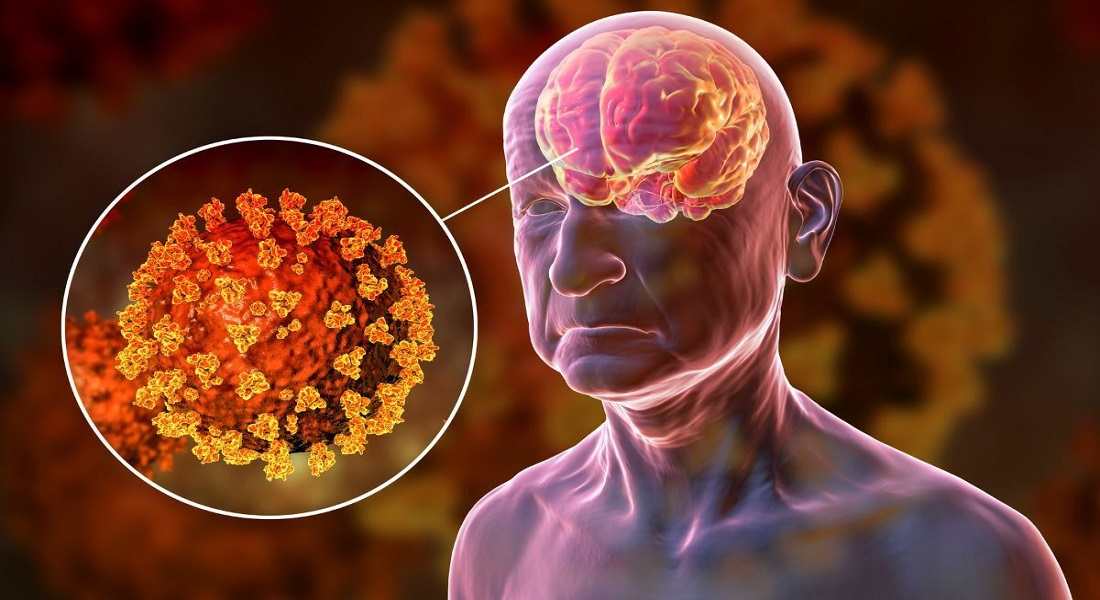The field of neuropsychiatry is undergoing a revolution. With new pharmaceutical advancements emerging, there are promising trends and future directions that have the potential to transform treatment paradigms. For those involved in the neuropsychiatry franchise company landscape or those seeking a neuro psychiatric pharma franchise, staying updated on these advancements is crucial. This blog delves into the exciting progress being made in neuropsychiatric pharmaceuticals.
The Rise of Personalized Medicine in Neuropsychiatry
Personalized medicine, also known as precision medicine, is reshaping how we approach neuropsychiatric disorders. Traditional treatments often adopt a one-size-fits-all approach, which can be ineffective for many patients. Personalized medicine, however, tailors treatments to individual genetic, environmental, and lifestyle factors.
Recent advancements in genomic research have made it possible to identify specific genetic markers associated with neuropsychiatric conditions. This allows for the development of targeted therapies that are more effective and have fewer side effects. For instance, pharmacogenomic testing can help predict how a patient will respond to a particular medication, enabling healthcare providers to select the most suitable treatment from the start.
Innovative Drug Delivery Systems
Innovative drug delivery systems are another significant advancement in neuropsychiatric pharmaceuticals. These systems aim to enhance the efficacy of medications while minimizing side effects. One of the most promising developments is the use of nanotechnology in drug delivery.
Nanoparticles can be engineered to deliver drugs directly to the brain, crossing the blood-brain barrier more effectively than traditional methods. This targeted approach not only increases the therapeutic efficacy but also reduces systemic side effects. Liposomes, dendrimers, and polymeric nanoparticles are some of the nanocarriers being explored for neuropsychiatric drug delivery.
Breakthroughs in Psychopharmacology
Psychopharmacology is experiencing groundbreaking advancements, with new classes of drugs being developed to treat a wide range of neuropsychiatric disorders. One notable area of progress is the development of drugs targeting the glutamatergic system. Traditionally, most neuropsychiatric drugs have focused on the monoaminergic system, affecting neurotransmitters like serotonin, dopamine, and norepinephrine.
However, recent research has highlighted the role of glutamate, the brain’s primary excitatory neurotransmitter, in neuropsychiatric disorders. Drugs that modulate the glutamatergic system, such as NMDA receptor antagonists, have shown promise in treating conditions like depression, anxiety, and schizophrenia. These drugs offer new hope for patients who have not responded to conventional treatments.
The Role of Neuroinflammation in Psychiatric Disorders
Emerging research suggests that neuroinflammation plays a crucial role in the pathophysiology of many neuropsychiatric disorders. Conditions such as depression, bipolar disorder, and schizophrenia have been linked to chronic inflammation in the brain. This has led to the exploration of anti-inflammatory drugs as potential treatments for these conditions.
Anti-inflammatory medications, including nonsteroidal anti-inflammatory drugs (NSAIDs) and cytokine inhibitors, are being investigated for their efficacy in reducing neuroinflammation and alleviating psychiatric symptoms. This novel approach could provide relief for patients who have not benefited from traditional therapies.
Advances in Neurostimulation Therapies
Neurostimulation therapies are gaining traction as effective treatments for neuropsychiatric disorders. Techniques such as transcranial magnetic stimulation (TMS), deep brain stimulation (DBS), and vagus nerve stimulation (VNS) are being refined and expanded.
TMS, for example, uses magnetic fields to stimulate nerve cells in the brain, and it has shown effectiveness in treating depression, particularly in patients who have not responded to medication. DBS involves implanting electrodes in specific areas of the brain to regulate abnormal activity and is being used to treat severe cases of depression and obsessive-compulsive disorder (OCD). VNS, which involves stimulating the vagus nerve, has been approved for treatment-resistant depression and is being studied for other psychiatric conditions.
Digital Therapeutics and Neuropsychiatry
The integration of digital therapeutics into neuropsychiatry represents a significant advancement in the field. Digital therapeutics are evidence-based interventions delivered through software programs designed to treat neuropsychiatric conditions.
Mobile apps, virtual reality (VR), and online platforms are being developed to provide cognitive behavioral therapy (CBT), mindfulness training, and other therapeutic modalities. These digital tools offer accessible and scalable treatment options that can complement traditional pharmacotherapy. Moreover, they provide real-time data and feedback, allowing for more personalized and adaptive treatment plans.
Neuropsychiatric Pharma Franchise Opportunities
For entrepreneurs and investors, the evolving landscape of neuropsychiatric pharmaceuticals presents lucrative opportunities. A neuro psychiatric pharma franchise or Neuro PCD Company can leverage these advancements to offer cutting-edge treatments and tap into the growing demand for effective mental health solutions.
Franchises can benefit from the latest research and development in neuropsychiatric drugs, ensuring they provide innovative and effective treatments. Additionally, partnering with established pharmaceutical companies can provide access to a wider range of products and support services, enhancing the overall business potential.
Challenges and Ethical Considerations
Despite the exciting advancements in neuropsychiatric pharmaceuticals, there are challenges and ethical considerations to address. The complexity of neuropsychiatric disorders means that developing effective treatments is inherently challenging. Furthermore, the high cost of research and development can be a barrier to innovation.
Ethical considerations include ensuring equitable access to new treatments and addressing the potential for over-medication or misuse of neuropsychiatric drugs. It is essential to balance the drive for innovation with the need for responsible and ethical practices in research, development, and distribution.
Future Directions and Emerging Trends
Looking ahead, several emerging trends are poised to shape the future of neuropsychiatric pharmaceuticals. One promising area is the development of biologics and gene therapies. These advanced treatments have the potential to address the underlying causes of neuropsychiatric disorders at a molecular level, offering long-term solutions rather than symptomatic relief.
Additionally, the integration of artificial intelligence (AI) and machine learning in neuropsychiatric research is accelerating the discovery of new drug targets and optimizing treatment protocols. AI can analyze vast amounts of data to identify patterns and predict treatment outcomes, leading to more effective and personalized therapies.
Conclusion: The Road Ahead for Neuropsychiatric Pharmaceuticals
The advancements in neuropsychiatric pharmaceuticals are transforming the treatment landscape for mental health disorders. From personalized medicine and innovative drug delivery systems to breakthroughs in psychopharmacology and neurostimulation therapies, the future holds immense promise. For those in the neuropsychiatry franchise company sector or considering a neuro psychiatric pharma franchise, staying abreast of these trends is crucial for success.
As we move forward, continued investment in research, ethical considerations, and collaboration across the industry will be essential to harness the full potential of these advancements. The journey towards better mental health treatment is ongoing, but the strides being made today are paving the way for a brighter future.

